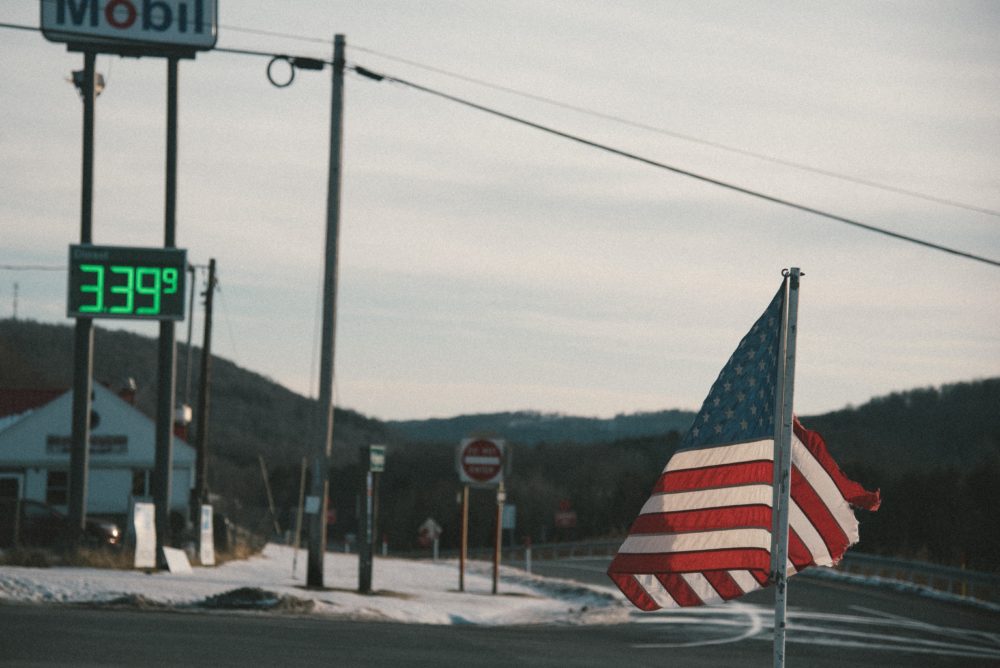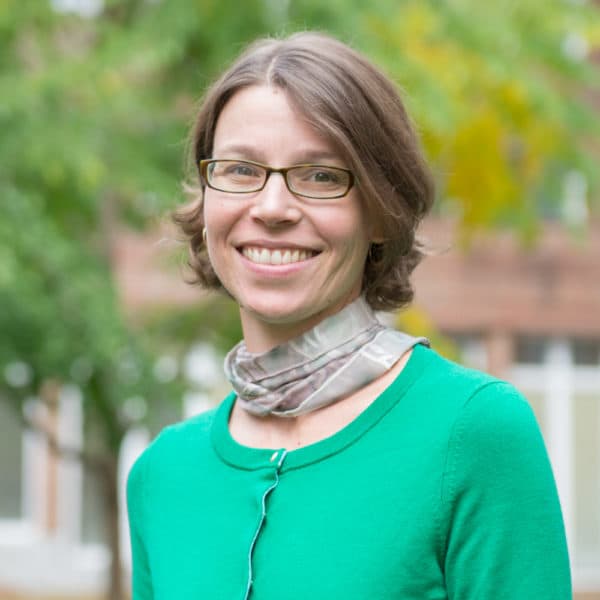Advertisement
Commentary
What’s It Like To Be A Person Of Color In Rural New England? Basically Invisible

Since the 2016 election, the media has been obsessed with understanding the disaffected feelings of rural white voters, while often overlooking important stories of people of color. We still know very little about how racial minorities feel as they increasingly make their homes in rural areas, places where whiteness is embedded in the local culture and demographics.
When I moved to rural New England in 2012, I had to learn the cultural rules of my new community. I found people where I live in rural New Hampshire to be nice but not friendly; kind but not outgoing. I came to understand that the rural culture where I grew up — in the western United States — was very different. Where I was raised, people commonly lift a hand in greeting when meeting another car on the road. In rural New England, studiously avoiding eye contact as you pass people on the sidewalk demonstrates a respect for their personal space.
As a sociologist, I wondered whether these cultural differences related to larger patterns of social interaction, and how my experiences as a white woman would be echoed or amplified among people of color.
These questions led me to investigate the daily lives of people of color who move to rural New England — a historically and culturally white place — where new people often get a chilly reception.
Rural America is in the midst of major demographic change. Research shows that while rural places on average are still 80% white, 82% of new population growth is among people of color.
As an older white population ages in place, their children and grandchildren have been drawn to educational and job opportunities elsewhere. In many rural areas, however, this white population decline has been balanced by young individuals and families of color in search of a slower pace of life, work opportunities, natural beauty and a lower cost of living. Often, this diversification keeps struggling rural economies afloat, as they open small businesses, provide labor for manufacturing and agricultural enterprises, and supply critical health care services.
... the media has been obsessed with understanding the disaffected feelings of rural white voters, while often overlooking important stories of people or color.
The nonwhite people I interviewed don’t talk much about acts of aggression or hate from white residents, but they do feel overlooked and ignored in public settings and at work. These subtle acts of non-attention are essential, yet little understood, components of racial exclusion that cement social boundaries between racial groups.
One multiracial physician I interviewed told me he’d made more friends in the western state where he spent one year during his residency training than he had in nearly a decade of living in rural New England. Similarly, a Native American man described how he and his family feel more like “accepted guests” in town than genuine members of the community. These two examples reflect countless stories among the individuals I spoke with and represent a broader phenomenon I call “misrecognition.”
The idea of misrecognition describes the common feelings my interviewees expressed of feeling unseen, invalidated and unworthy in their social interactions in the community. Our individual identities depend on receiving validation and acceptance from others. Unlike prejudice — when one judges another based on their previous experience or ideas about their group’s characteristics — misrecognition is the failure to see the common humanity of another person. At an extreme, those who are misrecognized “do not matter” in the community.
One south Asian woman I interviewed said people naturally think she is someone’s assistant when they first meet her in her professional capacity as a financial planner. Other interviewees described their frustration when their membership in a community was questioned. A Mexican American man, who has lived in his town since childhood, said people are constantly asking him where he is from. “I’m from Washington state,” he usually responds. “Then they’re always like, ‘Oh. Well, your parents …’ I get upset about it, but it’s not worth my time. So, I just answer.”
While some might read these interactions as case of people being rude or thoughtless, there’s something deeply problematic about the systematic pattern of being asked to prove oneself. As a consequence of misrecognition, most of the people of color I interviewed think about their small, rural New England town as a temporary destination — a place to survive, not a place to thrive.
... misrecognition describes the common feelings my interviewees expressed of feeling unseen, invalidated and unworthy in their social interactions in the community.
What can communities do to make this better? Small towns are known for being close-knit, making them ideal locales for the kind of transformative integration that can be a foundation for racial equity. Perceived cultural barriers are dissolved when people come together with shared goals and equal status, suggesting that some institutional support — at the workplace, or through sponsored town events — may give all residents the freedom to recognize and act on their common humanity.
There’s also the very simple if transformative power of saying “welcome,” either symbolically or explicitly. Towns could highlight new residents’ stories in the local newspaper or hand out welcome-neighbor signs.
The demographic transition underway in America is a reality for residents of rural New England and rural America more generally. While that change may come with challenges, particularly for older residents, it is also an opportunity to start fresh and “do integration right” so that we don’t end up hardening the color lines that divide us as a nation.
